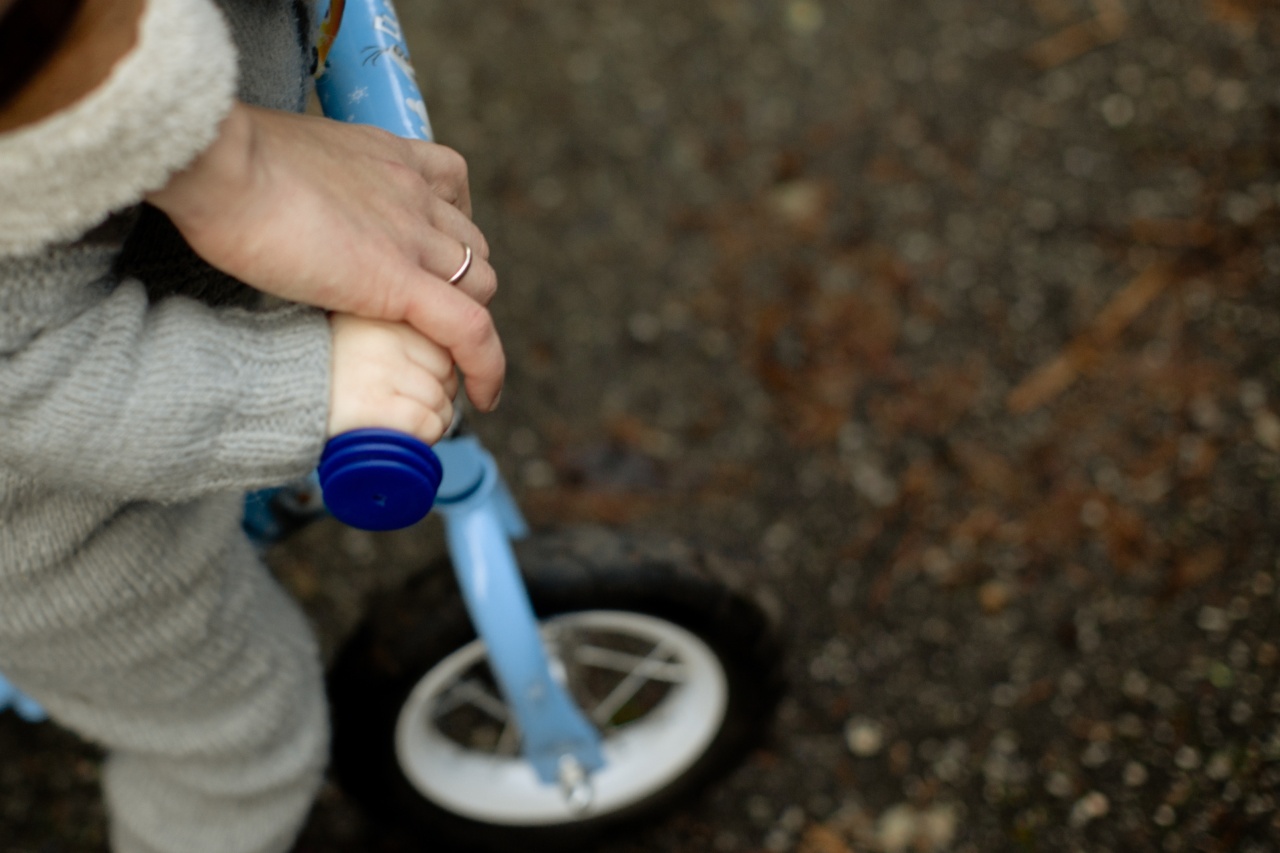World Kidney Day is a global awareness campaign that aims to educate individuals about the importance of maintaining kidney health and preventing kidney diseases.
The kidneys play a vital role in filtering waste products and toxins from our blood, regulating blood pressure, and maintaining the body’s fluid balance. To protect your kidneys and prevent kidney diseases, it is essential to adopt healthy habits that promote kidney health. In this article, we will discuss eight habits that you can incorporate into your daily routine to safeguard your kidneys.
1. Stay Hydrated
Drinking an adequate amount of water is crucial for maintaining kidney health. Water helps to flush out toxins and waste products from the body, preventing the formation of kidney stones and reducing the risk of urinary tract infections.
Aim to drink at least 8-10 glasses of water per day. If you engage in strenuous physical activities or live in a hot climate, you may need to increase your water intake accordingly.
2. Eat a Balanced Diet
Following a balanced diet is not only crucial for overall health but also plays a significant role in protecting your kidneys. Include a variety of fruits, vegetables, whole grains, lean proteins, and healthy fats in your diet.
Limit your intake of processed foods, salt, and sugary drinks, as excessive consumption of these can put a strain on the kidneys and increase the risk of kidney disease.
3. Maintain a Healthy Blood Pressure
High blood pressure is one of the leading causes of kidney disease. It can damage the blood vessels in the kidneys and impair their ability to function properly.
Monitor your blood pressure regularly and take necessary steps to keep it within a healthy range. This may include following a low-sodium diet, exercising regularly, managing stress, and taking prescribed medications if needed.
4. Exercise Regularly
Engaging in regular physical activity not only helps maintain a healthy weight but also promotes kidney health.
Exercise improves blood circulation, lowers blood pressure, and reduces the risk of chronic conditions such as diabetes and heart disease, which can adversely affect kidney health. Aim for at least 30 minutes of moderate-intensity exercise, such as brisk walking or cycling, most days of the week.
5. Limit Alcohol Consumption
Excessive alcohol consumption can damage the kidneys and lead to various kidney problems. Alcohol acts as a diuretic, causing increased urine production and dehydration.
Prolonged alcohol abuse can also cause liver damage, which further impacts kidney function. Limit your alcohol intake to moderate levels, which is one drink per day for women and two drinks per day for men.
6. Quit Smoking
Smoking is harmful to every organ in the body, including the kidneys. It can damage blood vessels, decrease blood flow to the kidneys, and impair their ability to function properly. Smoking also increases the risk of kidney cancer.
If you smoke, take steps to quit smoking to protect your kidney health and overall well-being.
7. Manage Diabetes
Diabetes is a leading cause of kidney disease. High blood sugar levels can damage the blood vessels in the kidneys and impair their ability to filter waste products from the blood.
If you have diabetes, it is crucial to manage your blood sugar levels effectively. Monitor your blood sugar regularly, take medications as prescribed, follow a diabetes-friendly diet, and engage in regular exercise to prevent complications and protect your kidneys.
8. Avoid Overuse of Painkillers
Prolonged and excessive use of over-the-counter pain medications, such as non-steroidal anti-inflammatory drugs (NSAIDs), can damage the kidneys. These medications are known to cause kidney injury and should be used cautiously.
If you need to take painkillers regularly, consult your healthcare provider about the appropriate dosage and duration to protect your kidneys.
Conclusion
Protecting your kidneys is crucial for maintaining overall health and well-being.
By adopting these eight habits – staying hydrated, eating a balanced diet, maintaining a healthy blood pressure, exercising regularly, limiting alcohol consumption, quitting smoking, managing diabetes, and avoiding overuse of painkillers, you can significantly reduce your risk of kidney disease and ensure the optimal functioning of your kidneys. Remember, prevention is always better than cure when it comes to kidney health.




























